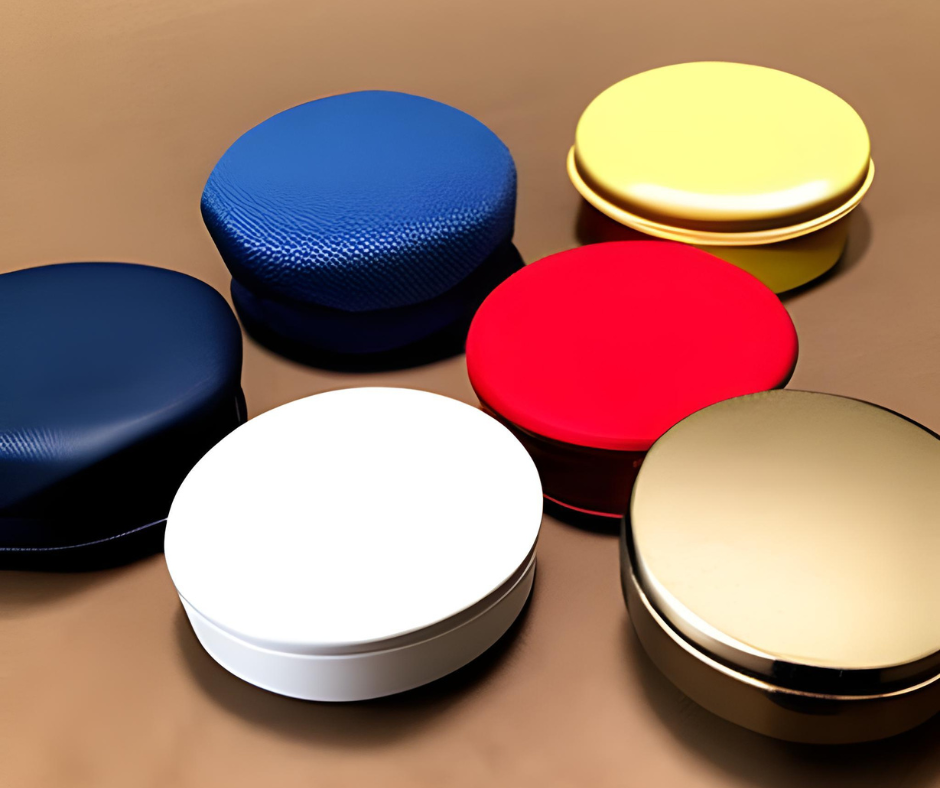Tool and die makers in India | Plastic Mould Manufacturer
15/1 Rama Road
Kirti Nagar Delhi-110015 India
+91 8883912346
asia@hongyijig.com
Certified
ISO 9001:2015

Solving the Injection Mould Breakdown Problem

Introduction
The Fast-Moving Consumer Goods (FMCG) industry is characterized by its rapid production, short shelf life, and high consumer demand. To meet these demands efficiently, FMCG manufacturers are constantly seeking innovative solutions, and one industry that has stepped up to the challenge is injection moulding. In this blog, we’ll explore how injection moulding, a process typically associated with manufacturing, has found new and unique applications in the FMCG sector.
I. Customization and Personalization
One of the most significant shifts in FMCG manufacturing is the increasing demand forcustomized and personalized products. Injection moulding has played a crucial role in enabling this trend. Manufacturers can now create customized packaging, containers, and even product components quickly and cost-effectively. This level of flexibility allows FMCG companies to cater to niche markets and respond swiftly to changing consumer preferences.
For example, injection moulding techniques allow for intricate designs and labeling on packaging, making products stand out on crowded store shelves. Moreover, manufacturers can produce packaging that reflects regional or cultural preferences, reinforcing brand identity and connecting with consumers on a personal level.
II. Sustainability and Eco-Friendly Practices
Sustainability has become a top priority for both FMCG companies and consumers. Injection moulding is well-suited to meet these sustainability goals due to its capacity for producing eco-friendly packaging solutions.
Recyclable Materials: Injection moulding allows for the use of recyclable materials like PET, HDPE, and PP. These materials can be used to create durable, reusable, or recyclable packaging, reducing environmental impact.
Lightweighting: Injection moulding has advanced techniques like lightweighting, which reduces the amount of material needed for each product. This not only lowers production costs but also decreases transportation costs and carbon emissions.
Biodegradable Options: Some injection moulding practices have evolved to include biodegradable materials, aligning with the growing interest in eco-friendly packaging. These materials break down naturally, reducing waste in landfills and oceans.
Energy Efficiency: Modern injection moulding machines are designed for energy efficiency, using less power to create each unit. This contributes to a reduced carbon footprint.
III. Faster Production and Reduced Costs
The FMCG industry relies on rapid production and cost efficiency. Injection moulding excels in both areas.
High-Speed Production: Injection moulding machines can produce thousands of units per hour, ensuring FMCG manufacturers can meet the high demand for their products.
Low Labor Costs: Automation in injection moulding minimizes labor costs, leading to substantial savings for FMCG companies.
Material Efficiency: Minimal material waste, thanks to precise injection moulding techniques, means that FMCG companies can maximize their material resources.
Tooling Flexibility: Injection moulding offers flexibility in tooling design, allowing manufacturers to quickly adapt to changing product requirements without significant retooling costs.
IV. Enhanced Quality Control
Quality control is paramount in the FMCG industry to maintain consumer trust. Injection moulding processes have become highly automated and technologically advanced, minimizing the risk of defects. Real-time monitoring and quality checks during production ensure consistency and reliability, reducing the likelihood of recalls.
V. Supply Chain Efficiency
Injection moulding contributes to supply chain efficiency by simplifying the manufacturing process. Components and packaging can be produced in-house or sourced locally, reducing lead times and transportation costs. This is especially advantageous for FMCG companies with a global presence.
Conclusion
Injection moulding’s new and unique practices are revolutionizing the FMCG industry. From customization and sustainability to cost-efficiency and quality control, injection moulding has proven itself as a versatile and essential tool for FMCG manufacturers. As consumer demands continue to evolve, it’s clear that the injection moulding industry will play a vital role in helping FMCG companies meet these challenges while staying competitive in the marketplace.

